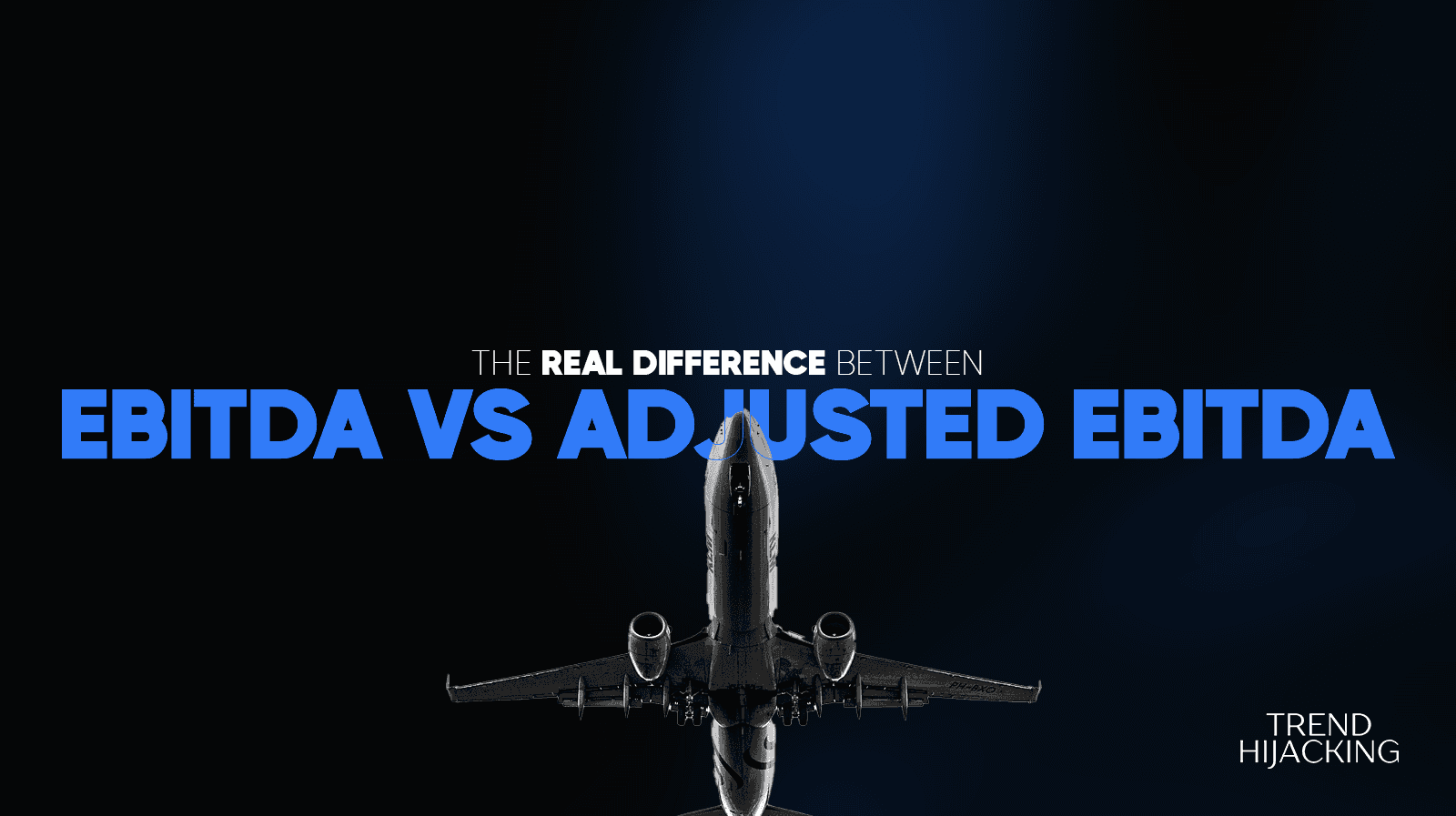Overview
JEM CITY is a UK-based online clothing brand with a strong digital presence on Instagram and TikTok. Since its inception in January 2021, the business has generated over £2.5 million in lifetime sales, primarily through its trademarked Monaco design and other apparel. The brand has amassed over 50,000 Instagram followers and 32,000 TikTok followers, demonstrating a solid customer engagement base.
The business operates as a turnkey opportunity with fully automated processes, allowing a new owner to take over with minimal operational adjustments. However, the seller is not fully committed to selling and is merely testing market interest. The business faced a revenue decline after withdrawing from the U.S. market due to increased DHL shipping costs, but it retains strong potential should stock be held within the U.S. for localized fulfillment.
Key Insights
Website Performance & Metrics:
The website is well-designed, visually appealing, and highly branded.
Product offerings focus primarily on hoodies, a trending fashion category that supports repeat customer purchases.
The brand benefits from strong social media traction, particularly on Instagram and TikTok.
Financials:
Annual Revenue: £453,684
Annual Profit: £108,515
Monthly Revenue: £37,807
Monthly Profit: £9,042
Profit Margin: 24%
Revenue Multiple: 0.2x (reasonable)
Profit Multiple: 0.7x (somewhat high given revenue inconsistencies)
Revenue has experienced periodic spikes but lacks consistent growth trends.
No clear profit trends available for review.
Operational Efficiency:
The business claims full automation, which minimizes hands-on management.
Stock is currently held in the UK, with an estimated retail value of £550,000.
No current marketing or fulfillment operations in the U.S. due to increased shipping costs.
The potential for U.S. expansion is significant, provided stock can be held locally.
Customer Data & Relationships:
Number of Customers: 41,478
Number of Orders: 4,838
Email List: 35,623
Customer engagement on social media is strong, but Trustpilot reviews indicate mixed experiences.
Google reviews (3.5 stars) highlight significant delays in order fulfillment and poor refund processing.
Legal & Compliance Due Diligence:
The brand name and Monaco design are trademarked, offering intellectual property protection.
Potential legal risks due to customer complaints regarding unfulfilled orders and refund issues.
Buyer should review supplier agreements and fulfillment processes to mitigate legal concerns.
Challenges Identified
Seller’s Uncertainty on Sale:
The owner is "testing the waters" rather than fully committed to selling, which could complicate negotiations.
Inconsistent Revenue & Profit Trends:
The business has experienced revenue spikes followed by downturns, making financial stability a concern.
Profit records are incomplete, reducing visibility into overall business health.
Trust Issues Due to Customer Complaints:
Numerous reviews cite order delays and poor customer service, which could damage long-term brand reputation.
Refund processing issues could lead to potential legal disputes or regulatory action.
Limited U.S. Market Access:
The decision to withdraw from U.S. marketing efforts due to DHL shipping costs has significantly impacted revenue.
Lack of local fulfillment options in the U.S. limits sales potential.
Recommendations
Clarify Seller Intent:
Engage the seller to determine their actual willingness to sell and negotiate accordingly.
Revenue and Profit Verification:
Request financial records for the past few months to better assess revenue stability and profit margins.
Conduct due diligence on stock valuation to verify the claim of £550,000 in retail value.
Improve Customer Service and Order Fulfillment:
Address long-standing customer complaints regarding order delays and refunds to restore brand credibility.
Implement a more responsive customer support system to handle order inquiries and refund requests effectively.
Re-enter the U.S. Market with Localized Fulfillment:
Explore third-party logistics (3PL) solutions in the U.S. to reduce shipping costs and delivery times.
Reignite marketing efforts targeting the U.S. audience, given prior success in that market.
Legal Risk Mitigation:
Review compliance with consumer protection regulations regarding order fulfillment and refund policies.
Ensure trademark protections extend to key markets, including the U.S.
Conclusion
JEM CITY presents a mixed acquisition opportunity with strong branding, an established customer base, and a profitable product niche. However, revenue inconsistencies, customer service issues, and a lack of a concrete selling commitment from the owner present challenges that a buyer must carefully evaluate.
To maximize this investment, a buyer should negotiate with the seller for a clear selling commitment, verify recent financial records, and develop a robust strategy to re-enter the U.S. market. Addressing customer service concerns and improving operational transparency will be crucial in making JEM CITY a sustainable and scalable acquisition.



















